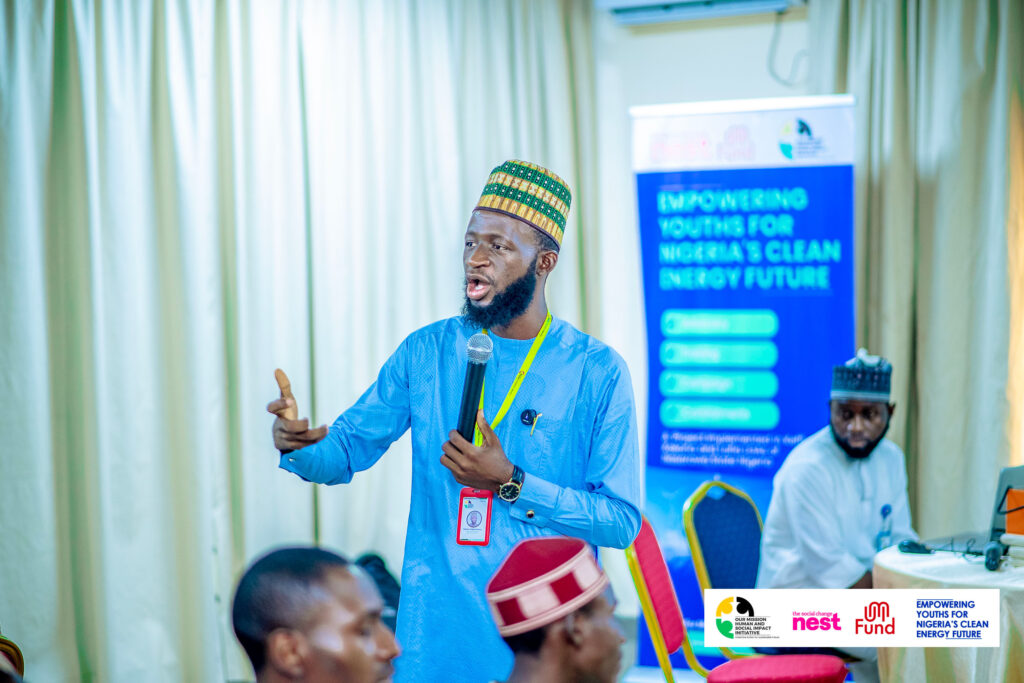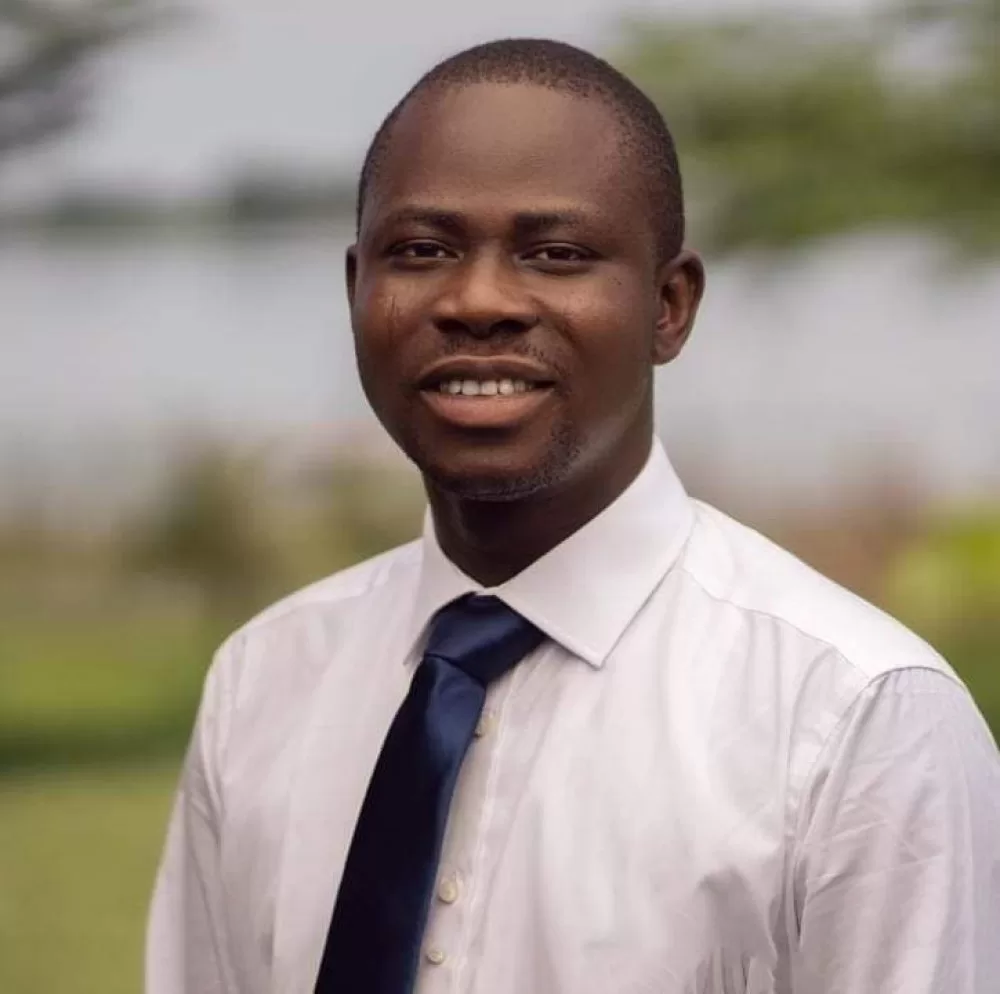Empowering Youth for Climate Advocacy and Renewable Energy, Our Mission Human and Social Impact Initiative trained 100 youth in Nasarawa State, equipping them with essential skills to drive sustainable change and climate action.
Climate Change
Climate change is pushing Nigerian farmers into debt and poverty, disrupting harvests with erratic rainfall and flooding. Urgent action, support, and policy implementation are needed to safeguard their livelihoods and future.
Prior to this significant moment, in 2022, the Nigerian government came up with an Energy Transition Plan, following its commitment at COP 26 when it then president,
The Nigerian climate has been irregular over the years, alternating between periods of extremely dry or rainy seasons and seasons of drought and excess flooding, which affected agricultural activities and caused a loss of shelter.
In July 2023, UDEME, in a bid to get the details of the contractors and the amount released for the project, sent a Freedom of Information (FOI) Letter to the Ministry of Water Resources and Environment in Makurdi. A response was not provided.
…Nigeria grapples with this environmental health threat. Worldwide, approximately 400 million tons of plastic waste are generated annually, equivalent to 12 tons per second.
Abideen Olasupo, Global Director of Brain Builders Youth Development Initiative, urges collaboration among stakeholders to build a resilient plant health system. Speaking at #ClimateWednesday, he highlighted climate change’s impact on plant health, stressing the need for climate-smart agriculture and innovative solutions to ensure global food security.
Mike Ede, 56, from Opiruku, Oju Local Government Area of Benue State, North-central Nigeria, couldn’t believe that her ever fertile land that was a source of healthy products could reduce in nutrients as he stood looking at the piece of land. “Only but a glorified farmland,” Ede’s thought betrayed him aloud as he tried hard to swallow the pain. Mr Ede wouldn’t have worried enough if only the trend is just on a piece of land, but across many farmlands in “Orihi” and “Iyato”- the two most fertile areas where foods are grown in the local government, at least that is accessible for him. “There were times all these places were full of trees and covered grasses, you could barely go through them because of the thickness of the grasses,” Mr. Ede explained. He continued, “At that time, a piece of land in this area can give you a double output increase especially if it’s cassava or yam, you could feel the nutrients.” As we speak, it is as dry as anything and the scorching sun around this place wouldn’t even allow you till the land.” Mr. Ede is an established farmer in the Opiruku community whose annual income used […]
Through my work in the Kavango East and West regions, I started to think more deeply about climate change and environmental awareness programmes run by NGOs.










